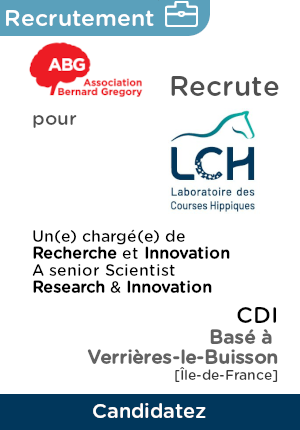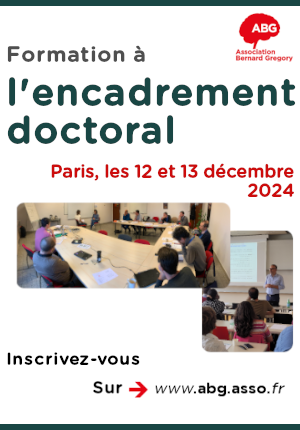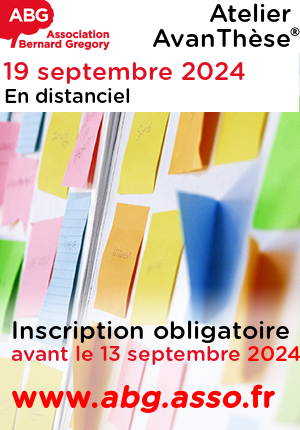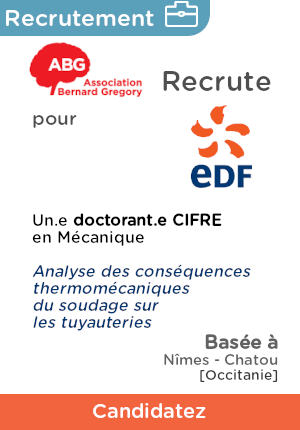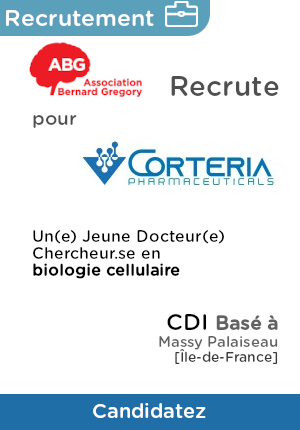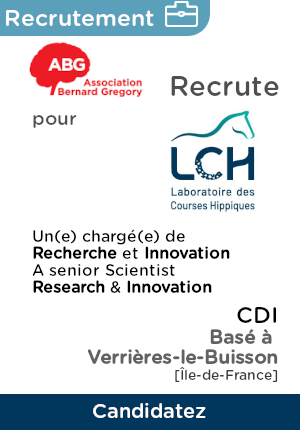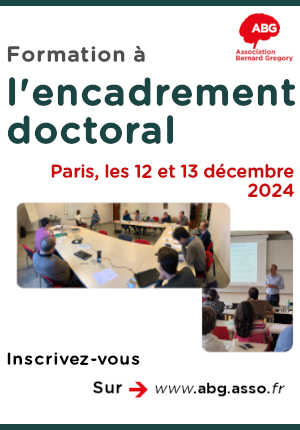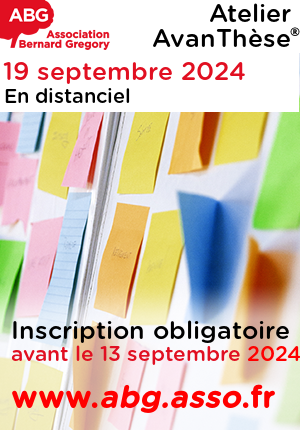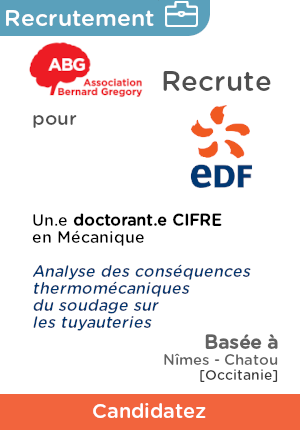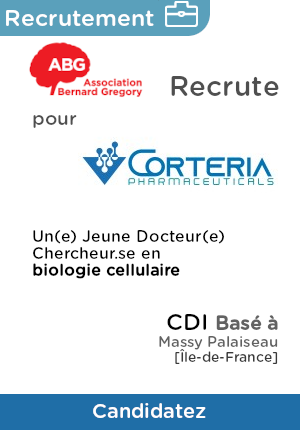Linearization of optical micro-sources for high data rate communications
| ABG-124669 | Sujet de Thèse | |
| 18/06/2024 | Contrat doctoral |

- Télécommunications
- Electronique
- Mathématiques
Description du sujet
- Context:
Would you like to play a part in the future of optical transmission for high-speed communications ? This thesis will play a key role, focusing on performance and energy efficiency, with a particular focus on the emergence of optical solutions with low carbon costs and low dependence on rare materials.
The field of non-coherent optical communications on LEDs has been booming in recent years, notably due to the advantages that GaN and organic microLEDs can bring in terms of high data rate, energy efficiency and hybrid integration for recent and varied applications such as LiFi, communications on fibre (data centres, etc.) or on waveguide (chip-to-chip). However, on one hand these sources require delicate optimisation of the waveform parameters due to their multi-factorial and complex frequency behaviour, and on the other hand they impose non-linearities and memory effects that limit performance and can be similar to the phenomena introduced by power amplifiers in conventional RF systems, albeit with their own specific features. Over the last ten years or so, studies have attempted to compensate for these non-linearities by using models with different trade-offs between complexity and modelling accuracy, with validations on commercial macro-LEDs. In addition, microLEDs such as those developed at the CEA have recently come to the fore in certain areas of research, thanks to their high bandwidth and high integration, but with specific HF behaviour and memory effects increased by a modulation band exceeding 1 GHz.
- Expected tasks:
The thesis will first study solutions for optimising the configuration of multicarrier waveforms based on the specific characteristics of optical micro-sources (inverse dependence of efficiency and bandwidth on polarisation). Secondly, non-linearity compensation algorithms will be implemented on this type of optical source in an attempt to improve transmission rates or distances, based on complexity/performance trade-offs. Hardware validations of the digital solutions developed will be carried out on micro-sources implemented in instrumented transmission benches, enabling a real-time demonstration of the innovations produced during the thesis.
- Working environment:
You will be part of a dynamic team working on a wide range of research topics relating to signal processing, protocols and implementation platforms. We will offer you a unique research environment dedicated to ambitious projects that address today's major societal challenges, experience at the cutting edge of innovation (strong potential for industrial development) and exceptional experimental resources, leading to real career opportunities in R&D at the end of your thesis. Come and join us, develop your skills and acquire new ones.
- Salary:
2406 euros / month (gross)
- Candidate Profile:
MSc (or equivalent program at Bac+5 in an engineering school). We are looking for a candidate with a background in digital communications, signal processing and optoelectronics, motivated to work on a multidisciplinary subject (waveforms/algorithms, modelling/simulations and hardware implementation).
Prise de fonction :
Nature du financement
Précisions sur le financement
Présentation établissement et labo d'accueil
L’institut CEA-Leti développe des solutions applicatives innovantes, facteurs de compétitivité, et répond aux défis mondiaux actuels, notamment les énergies propres et sûres, la santé et le bien-être, le transport durable et les technologies de l’information. S’appuyant sur des infrastructures préindustrielles, ses équipes multidisciplinaires proposent leur expertise à travers des applications variées, des capteurs au calcul intensif, en passant par le traitement des données.
Le laboratoire d'accueil LS2PR coordonne des activités autour de la localisation, de protocoles radios pour l'IoT critique, le traitement du signal ainsi que les plateformes SDR.
Site web :
Intitulé du doctorat
Pays d'obtention du doctorat
Etablissement délivrant le doctorat
Ecole doctorale
Profil du candidat
MSc (or equivalent program at Bac+5 in an engineering school). We are looking for a candidate with a background in digital communications, signal processing and optoelectronics, motivated to work on a multidisciplinary subject (waveforms/algorithms, modelling/simulations and hardware implementation).
Vous avez déjà un compte ?
Nouvel utilisateur ?
Vous souhaitez recevoir nos infolettres ?
Découvrez nos adhérents
 Institut de Radioprotection et de Sureté Nucléaire - IRSN - Siège
Institut de Radioprotection et de Sureté Nucléaire - IRSN - Siège  Aérocentre, Pôle d'excellence régional
Aérocentre, Pôle d'excellence régional  MabDesign
MabDesign  Généthon
Généthon  Nokia Bell Labs France
Nokia Bell Labs France  ANRT
ANRT  MabDesign
MabDesign  ADEME
ADEME  SUEZ
SUEZ  CESI
CESI  CASDEN
CASDEN  Tecknowmetrix
Tecknowmetrix  Groupe AFNOR - Association française de normalisation
Groupe AFNOR - Association française de normalisation  ONERA - The French Aerospace Lab
ONERA - The French Aerospace Lab  Ifremer
Ifremer  Institut Sup'biotech de Paris
Institut Sup'biotech de Paris  Laboratoire National de Métrologie et d'Essais - LNE
Laboratoire National de Métrologie et d'Essais - LNE  PhDOOC
PhDOOC  TotalEnergies
TotalEnergies
-
EmploiCDIRef. ABG123642Laboratoire des Courses Hippiques (GIE LCH)Verrières-le-Buisson - Ile-de-France - France
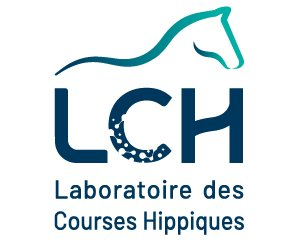
Chargé(e) de Recherche et Innovation (H/F) / Senior Scientist Research & Innovation (M/F)
Chimie - BiochimieConfirmé -
EmploiCDDRef. ABG125071KTHStockholm - Suède
ERC-funded postdoc position on the detection of gas-phase organic radicals, KTH, Stockholm, Sweden
Chimie - Physique - Sciences de l’ingénieurNiveau d'expérience indifférent -
EmploiCDIRef. ABG124941Corteria PharmaceuticalsMassy-Palaiseau - Ile-de-France - France

Jeune Docteur, Chercheur en Biologie Cellulaire & Moléculaire (H/F)
BiologieNiveau d'expérience indifférent

